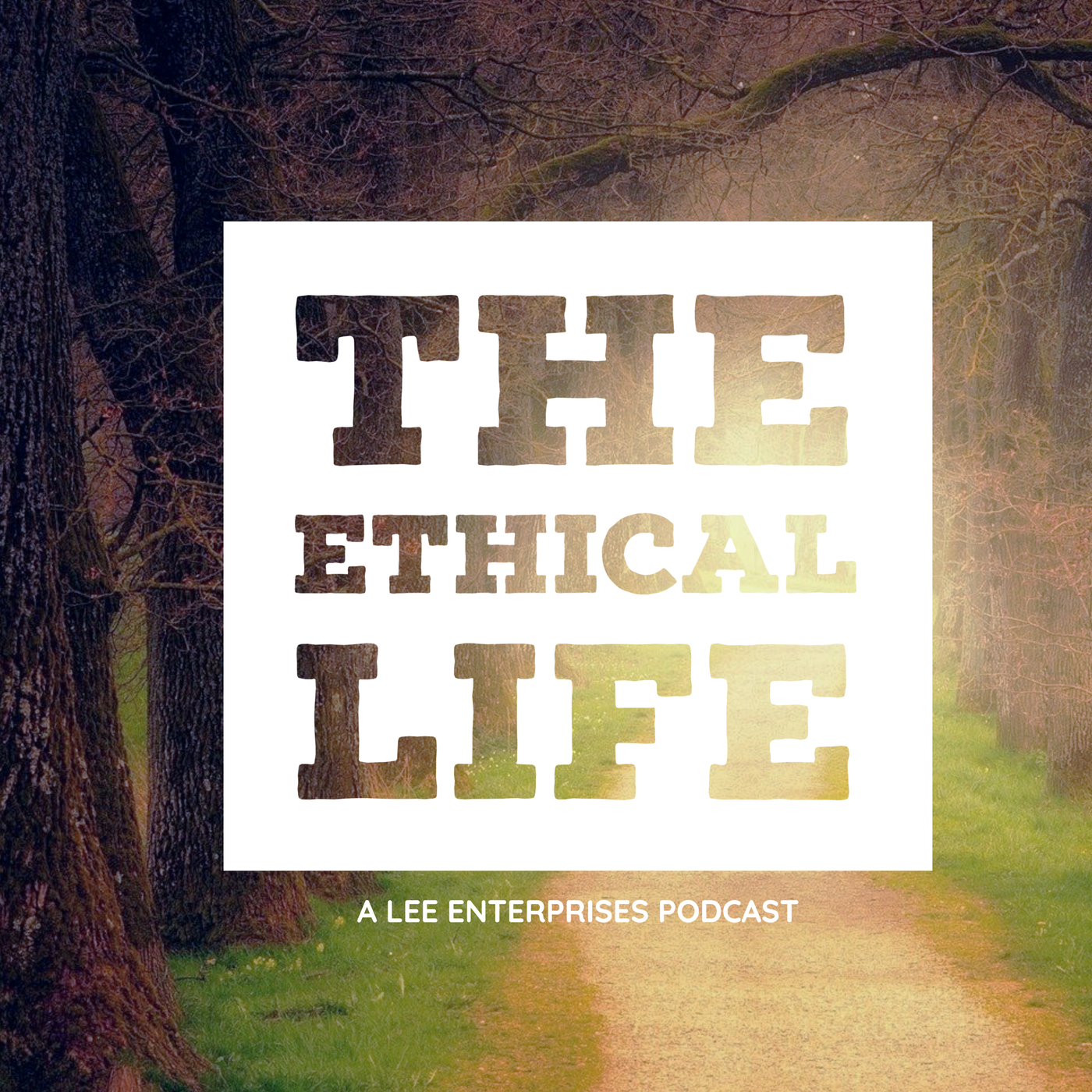About this episode
Published September 3rd, 2025, 05:00 pm
Episode 210: Everyone has moments from the past they wish had unfolded differently. Some dwell on those memories, while others find ways to reinterpret them in order to move forward. But how far can people go in retelling their own stories before they risk losing sight of the truth?
Hosts Richard Kyte and Scott Rada begin the conversation with a simple piece of advice Rada found online — the idea that the past lives only in memory and can be reshaped. The phrase struck him differently than most internet platitudes, raising both curiosity as well as concern.
Kyte pushes back against the claim that the past exists only in perception. He points out that facts remain, regardless of how people interpret them. Using examples ranging from family disputes to the Woody Allen film “Crimes and Misdemeanors,” Kyte underscores the danger of self-deception and the temptation to absolve ourselves of responsibility by revising history.
Yet the discussion is not without hope. The hosts explore how changing perspective can help people heal. Forgiveness, they note, often requires reframing painful experiences in a way that releases the grip of bitterness. Examples from South Africa’s Truth and Reconciliation Commission and Rwanda’s post-genocide cultural performances illustrate how art and storytelling can create the distance needed for forgiveness to take root.
The episode also examines the challenges families face when siblings recall childhood in starkly different ways. While such differences can fuel conflict, they also highlight how memory is filtered through emotion, circumstance and personal growth.
Social media links
Subscribe
